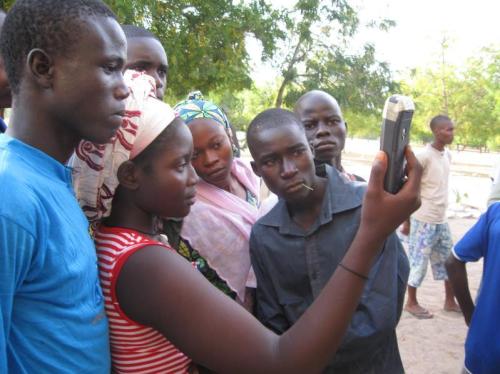 I have been blogging about ICT4D consistently for two months. This seems an opportune time to highlight my main thoughts on ICT4D, many of which are shared by others in the ICT4D space.
I have been blogging about ICT4D consistently for two months. This seems an opportune time to highlight my main thoughts on ICT4D, many of which are shared by others in the ICT4D space.
Here’s a list, feel free to add to it.
- Countries with clear ICT policies tend to do better
- ICT policies must be integrated within a broader national development plan
- Good infrastructure and an enabling regulatory framework are needed
- ICTs are merely tools, the potency of which is largely dependent on context and systemic domains
- ICTS are not within and of themselves an end
- There’s immense potential for economic growth, social cohesion, security, political stability, provision of education, healthcare, agricultural services etc
- Look elsewhere for development’s silver bullet—if it exists, you’re looking in the wrong direction
- Like development, technologies also have “side-effects” no matter the dosage.
- We know very little about the impact of ICTs on economic expansion
- Building and boosting capacity of a critical mass of people is integral (access and use are not synonymous!)
- Public-private partnerships will be crucial for the sustainability of most initiatives
- As most successful projects do, start small, take M&E seriously and scale up
- The slickest tech isn’t always the best option
The latter is perhaps the point that I have examined the least, over the last few weeks. But, I have consistently made the point that traditional ICTs, including radio, television sets and so on, should not be abandoned in favor of the latest tech. Context is everything! Connectivity woes, illiteracy and minimal access to the newest gadgets, among other things, demand that we think in terms of complementarity, cultural appropriateness and the financial constraints of proliferating some tools.
Finding ways to make better use of traditional ICTs like radio is important on two fronts. First, radio is the most potent tool to use for the dissemination of information globally—it’s ubiquitous, even in the most far-off and undeveloped parts of the world, due to its portability, reach and affordability. Second, this era of low cost mobile phones, MP3 players and so on offers new and exciting opportunities to use ‘radio’ and radio techniques innovative to improve livelihoods and enterprise.
Next week, I will review the findings of the African Farm Radio Research Initiative (AFRRI), an action research project—funded by the Gates Foundation—that assessed how radio can improve food security in Africa…








































